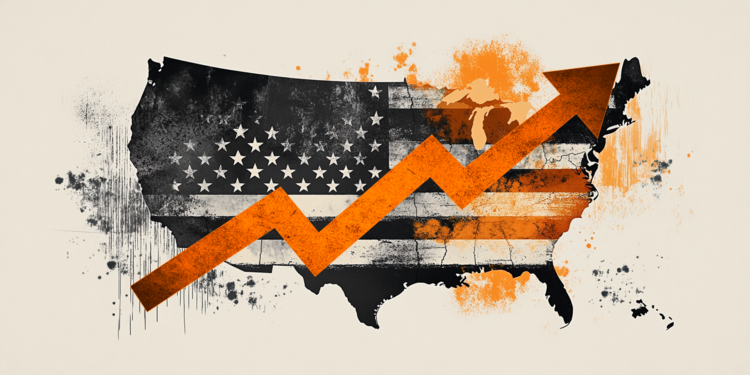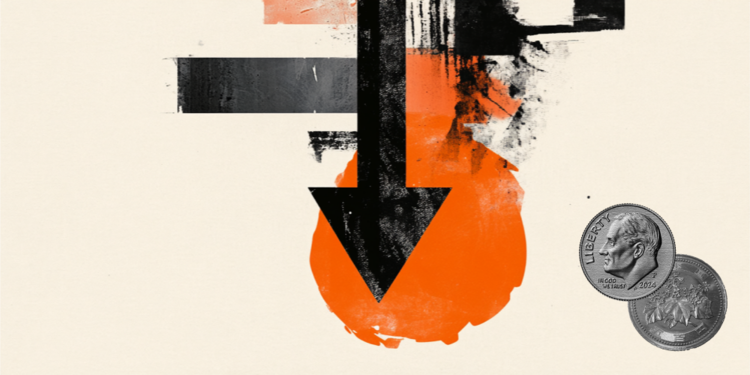The Agriculture and Agrarian Reform Commission (CRA) of the Senate approved this Thursday (23) a bill that allows the private sector to establish self-control programs over their own agricultural production.
In practice, producers and industry in the sector should still be responsible for complying with the agricultural defense standards determined by legislation, but without so much direct interference from the state.
Agricultural defense is the structure of actions and rules aimed at preserving or improving animal health, plant health and the quality and safety of food, inputs and other products in the area.
According to the project, the self-control programs of the private sector must contain:
- Systematized and auditable records of the production process, from obtaining and receiving raw materials, ingredients and inputs to the dispatch of the final product;
- Forecast for the collection of batches, when deficiencies or non-conformities are identified in the agricultural product that may cause risks to consumer safety or animal and plant health;
- Description of self-correction procedures.
Self-control programs will be defined by the establishment, but must meet, at least, the requirements defined in legislation. It will be up to the agricultural inspection to verify that all requirements are being met.
The Ministry of Agriculture will be responsible for establishing the basic requirements necessary for the development of self-control programs, editing complementary norms and defining the official verification procedures for these programs.
The text also institutes the Agricultural Defense Compliance Incentive Program, with the objective of improving quality assurance systems. The initiative will require the regulated establishment to periodically share operational and quality data with agricultural inspection. There will be benefits and incentives in return, to be defined in regulations.
The project also includes measures that aim to reduce the bureaucracy of registration processes for agricultural products and the release of establishments by Organs competent bodies, among other points.
“We will have a very important growth not only of big companies. I cited an example: the case of Minas Gerais. Today we have numerous municipalities in Minas Gerais that produce artisanal cheeses of excellent quality, and the legislation does not allow, for example, a tax from the Ministry of Agriculture, who does not have enough legs to be able to do this work”, declared the project’s rapporteur. in the commission, senator Luis Carlos Heinze (PP-RS).
In the Senate, the project was analyzed only by the Agriculture Committee, already in a final character. Therefore, it is ready to go to the sanction of the President of the Republic, Jair Bolsonaro (PL), if there is no appeal presented by at least nine senators by the end of next week asking that the text be analyzed by the plenary of the House.
The project was originally presented by the Executive in April of last year. During the course of the project, the federal government argued that, given the expansion of Brazilian agribusiness, there is a greater demand for agricultural control and inspection and, on the other hand, there is a fiscal exhaustion of the State. Therefore, he argued, it is necessary to change the model currently in force.
This line of argument was the same used by Heinze. He stated in the report that “in a country with enormous social and economic inequalities, it would be natural for other priorities to be put first”, although agricultural defense cannot be relegated to the background.
“Thus, having, on the one hand, the severe fiscal restrictions of the Brazilian State, and, on the other hand, the risk of worsening the provision of sanitary inspection services and, at the limit, the country’s agricultural production and exports capacity, makes There is an urgent need to change the current model of inspection and inspection of Brazilian agriculture and livestock”, reads an excerpt from the opinion.
“A replacement of active state action will be promoted by a new model of agricultural defense based on self-control programs carried out by the regulated agents themselves, agricultural producers and industry, with the State continuing to have the prerogative to exercise full supervision. In this scenario, instead of the State acting with active inspection, often by sampling, it would act with information management and maintain the power to act in cases of committing infractions”, he also wrote.
Opposition senators stated that the project takes away the competence of health surveillance and may jeopardize the quality of products consumed by the population.
“What we need is to increase the technical capacity of the bodies, increase the number of veterinarians to be able to audit and also inspect”, said Senator Zenaide Maia (Pros-RN).
Heinze defended that inspections will continue to be carried out and that private professionals will not be able to carry out activities typical of auditors or that require the specific exercise of administrative police power.
The project was approved in the CRA by nine votes in favor and two against. Nobody abstained.
Source: CNN Brasil







